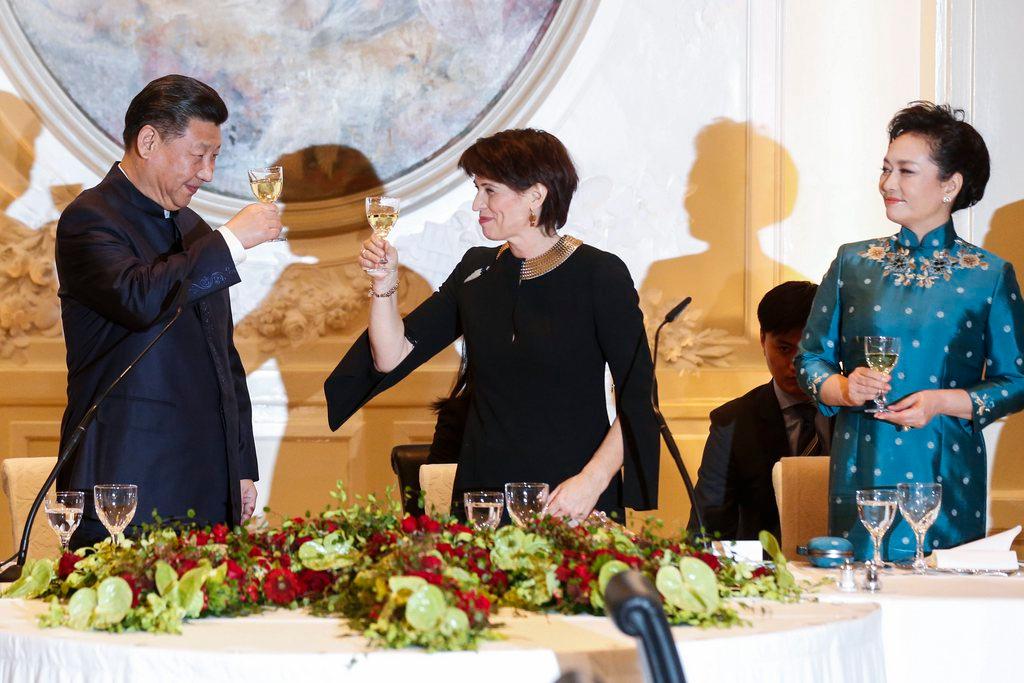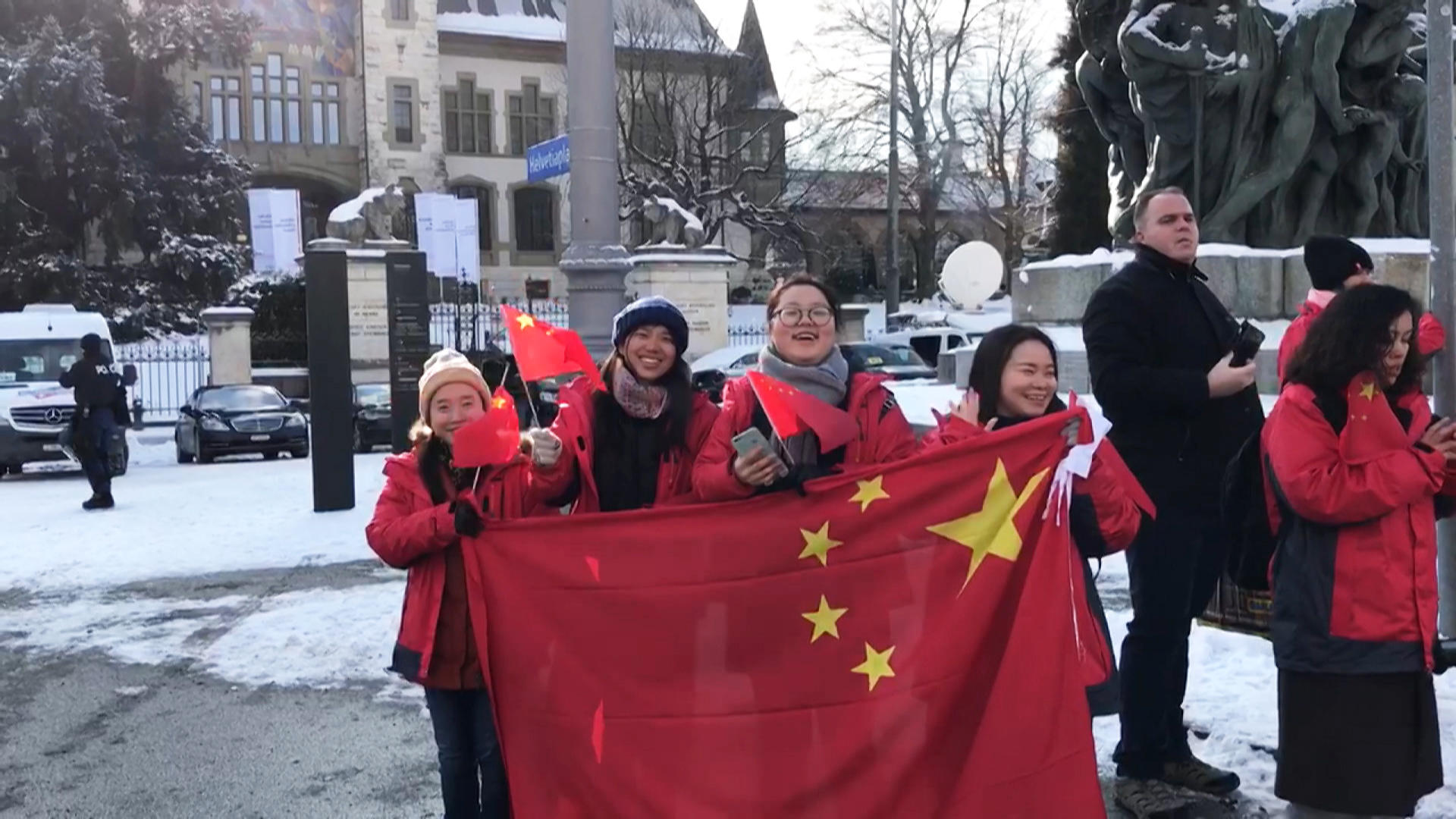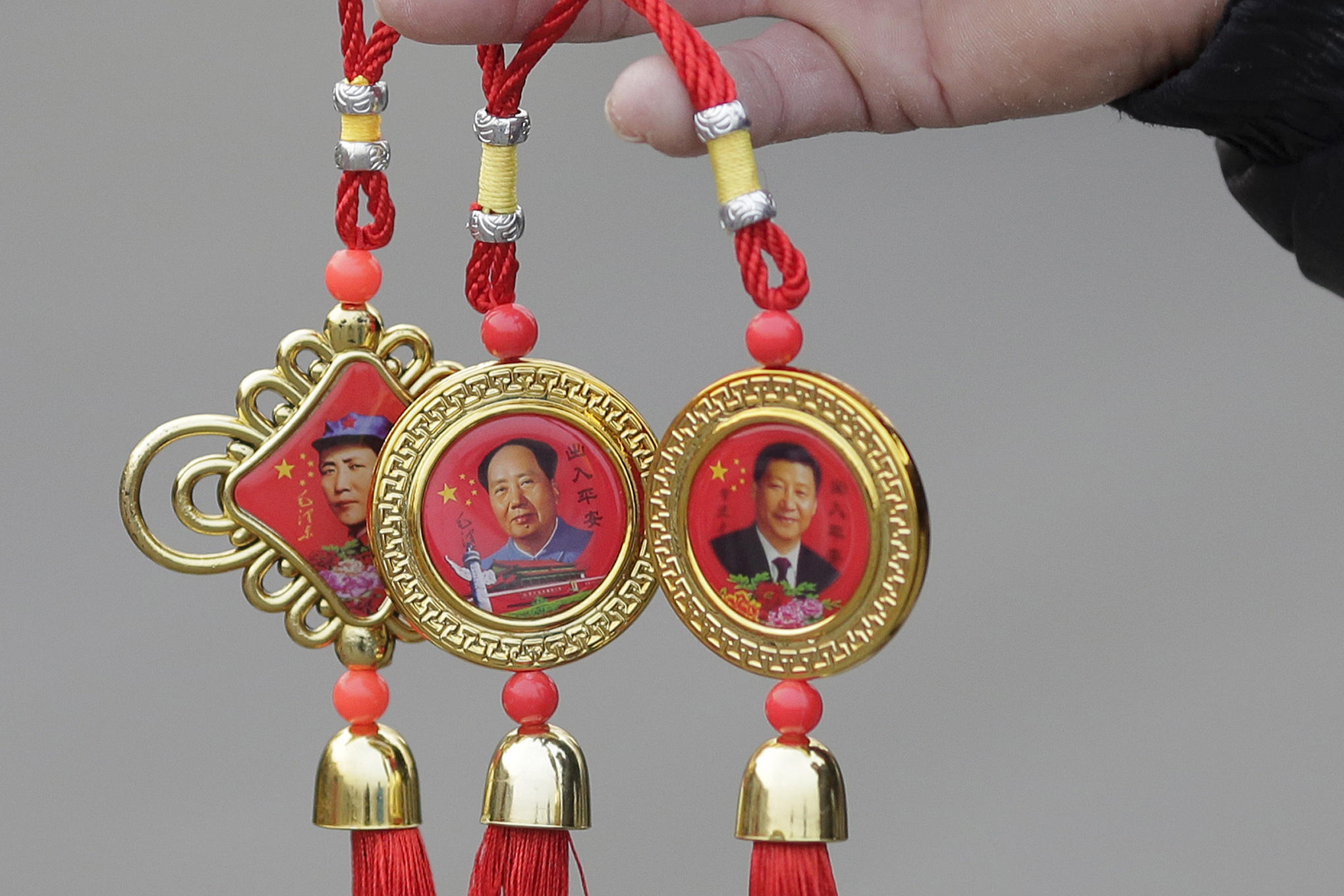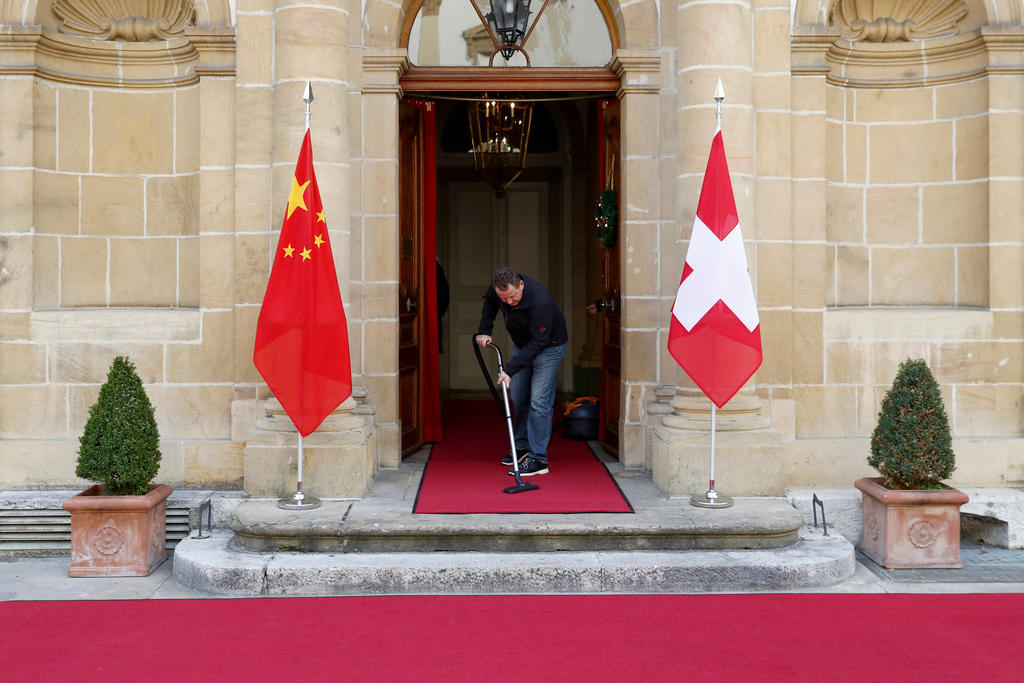Chinese president talks trade, innovation on Swiss visit

Chinese President Xi Jinping is in the middle of a state visit to Switzerland. So far, the two nations have signed ten new bilateral agreements ranging from free trade to tourism.
Following an official reception in Bern, Xi discussed bilateral relations with representatives of Swiss government including President Doris Leuthard and Economics Minister Johann Schneider-Ammann. Among other issues, the countries reached accords on a “year of tourism” project, university cooperation and a deepening of their free trade agreement originally reached in 2014. Switzerland was the first continental European country to sign a free trade agreement with Beijing.

More
Protests and deals meet Chinese president in Switzerland
Xi underlined the need for Switzerland and China to work together in an era of isolationist and populist policies. Leuthard responded in kind, expressing gratitude that China stands for free trade in a time when protectionism is increasing.
“The Swiss government appreciates that China is assuming more and more responsibility amid many global challenges,” Leuthard said.
On Monday afternoon, during a meeting with 30 representatives from Swiss business interests, Xi frequently pointed to Switzerland’s status as the world’s most innovative country as a model for China.
Specifically, he expressed a desire that China’s economy focus more on quality and sustainability, with improvements required in infrastructure and the finance sector.
The Chinese president landed at Zurich’s Kloten airport on Sunday afternoon. An official delegation led by the Swiss President Doris Leuthard welcomed him. Then he visited the Swiss parliament, where the cabinet welcomed him and he gave a speech highlighting the countries’ relationship.
“Despite our different development stages, size and cultural backgrounds, our cooperation serves as a model to other countries,” he said.
In accord
During talks on Monday, Swiss and Chinese delegates defined areas where they could deepen political and economic relations. The two sides signed bilateral agreements for culture and customs and a declaration of intent on energy.
“An important aim of the state visit is to undertake further concrete steps towards expanding the scope of bilateral relations as part of the innovative strategic partnership,” said the Swiss cabinet’s statementExternal link on Monday. For example, China and Switzerland jointly declared 2017 as the Year of Tourism.
Altogether, the delegates discussed more than 20 topics. According to Swiss authorities, discussions focused on economics, finance, trade and science policy. Questions on human rights, protection of minorities, and cooperation in cultural affairs were also raised.
On Tuesday, the Swiss and Chinese presidents will jointly open the WEF Annual Meeting in Davos. Before leaving Switzerland, Xi will also spend time at the UN in Geneva and the International Olympic Committee in Lausanne.
Protest
Over 400 Tibetan demonstrators protested on Sunday morning against the Swiss state visit in Bern. They were not allowed to protest in front of the parliament building.
Unlike in 1999 during President Jiang Zemin’s visit, demonstrators were only allowed to protest a few hundred metres from the parliament, away from the gaze of Chinese dignitaries. In 1999, Tibetan sympathisers unfurled “Free Tibet” banners in front of the Swiss parliament square. Their actions angered Jiang, who later told the Swiss government that they had “lost a good friend”.

In compliance with the JTI standards
More: SWI swissinfo.ch certified by the Journalism Trust Initiative












You can find an overview of ongoing debates with our journalists here . Please join us!
If you want to start a conversation about a topic raised in this article or want to report factual errors, email us at english@swissinfo.ch.